Introduction to Omar’s Struggles
Omar is a high school student residing in Lebanon, navigating through the complexities of adolescence while battling significant personal challenges. His journey is marked by a profound struggle with anxiety and self-doubt, which intricately weave together to affect his social interactions and academic performance. Such hurdles are emblematic of broader issues faced by many young people today, highlighting the critical importance of mental health awareness and support in educational environments.
Growing up in a vibrant yet challenging socio-economic landscape, Omar often finds himself overwhelmed by feelings of inadequacy and uncertainty. These emotions frequently culminate in a paralyzing anxiety, making it difficult for him to engage fully with his schoolwork or participate in classroom discussions. Instead of relishing the learning experiences typical of high school, he often questions his abilities and self-worth, leading to procrastination and withdrawal from social activities. This internal battle not only affects his grades but also isolates him from peers who are crucial to his support system.
Moreover, the societal pressures in Lebanon compounded by his personal fears add another layer to Omar’s struggles. The expectation to excel academically and contribute positively to his family and community looms large, amplifying his self-doubt. This creates a cycle where feelings of inadequacy perpetuate his anxiety, making it difficult to see a pathway to overcoming these challenges. As he grapples with this turmoil, it becomes evident that Omar’s journey toward self-discovery and leadership is not just a personal struggle; it serves as a representation of the many young individuals who face similar crises. Understanding Omar’s plight provides context for exploring potential pathways to empowerment and transformation through resilience and support, underscoring the need for improved mental health resources in educational settings.
The Turning Point: Attending the Leadership Workshop
Omar had always battled feelings of self-doubt, often questioning his potential as a leader. The idea of stepping into a leadership role seemed daunting, especially when faced with the responsibility of guiding others. His apprehension was palpable in the weeks leading up to the leadership workshop he had signed up for. Despite the uncertainty, a deep-seated desire for personal growth and a wish to overcome his insecurities fueled his decision to attend.
Motivated by the positive testimonials from previous participants, Omar hoped that the workshop would equip him with necessary tools and insights to navigate his journey towards becoming a confident leader. His expectations also included connecting with like-minded individuals, sharing experiences, and drawing inspiration from those who had faced similar challenges. The prospect of learning from experienced trainers and industry leaders provided an additional incentive to confront his fears.
As the workshop commenced, Omar was introduced to several key themes fundamental to effective leadership. These concepts included emotional intelligence, active listening, and the importance of resilience in the face of adversity. The facilitators employed a mix of theoretical discussions, practical exercises, and group activities that encouraged participants to step out of their comfort zones. Omar found himself engaged in thought-provoking discussions and self-reflective exercises, which gradually began to shift his perspective on leadership.
Though Omar initially approached the workshop with trepidation, he quickly recognized the potential for transformation that lay before him. The camaraderie amongst participants fostered a supportive environment where doubts could be shared and knowledge freely exchanged. This initial experience marked a pivotal moment in his journey, as he began to realize the importance of embracing vulnerability as a precursor to authentic leadership.
Meeting Sofia: A Beacon of Inspiration
In the vibrant atmosphere of the workshop, a remarkable individual named Sofia emerged as a pivotal figure for those in attendance. Hailing from Spain, Sofia’s journey resonated deeply with many, especially Omar. She had once battled her own demons of anxiety and self-doubt, and her story became not only a source of inspiration but also a powerful reminder that challenges can be transcended through resilience and determination.
Sofia recounted her experiences candidly, detailing the obstacles she faced in both her personal and professional life. Like Omar, she had struggled with feelings of inadequacy that often clouded her aspirations. However, her narrative transformed as she discovered techniques for overcoming these barriers. By incorporating mindfulness practices, such as meditation and self-reflection, Sofia was able to cultivate a sense of self-acceptance that empowered her to pursue her dreams. This journey sparked a connection with Omar, who found solace in her relatability, realizing that he was not alone in his struggles.
Moreover, Sofia’s motivational strategies were evident throughout her talk. She advocated for the importance of setting incremental goals and encouraging self-affirmation as effective means to rebuild confidence. Through sharing her successes and failures, she highlighted that growth often comes from embracing vulnerability rather than shying away from it. This resonated not only with Omar but with other participants who were awakened by her authenticity and passion.
In the face of adversity, Sofia stood as a beacon, illuminating a path not just for herself, but for individuals seeking theirs. Her enduring spirit and practical advice significantly impacted the collective mindset of the group, instilling hope and fostering a sense of community among those grappling with their own fears and doubts.
Igniting the Spark: Omar’s Realization
The journey of self-discovery often begins with inspiration drawn from the experiences of others. For Omar, it was the profound story of Sofia that ignited a transformative spark. Sofia’s resilience in overcoming her own adversities resonated deeply with him, unveiling a reality he had long been avoiding. Here was a relatable narrative, where the struggles faced were not dissimilar to his own, yet the triumphs were a testament to the power of change. This connection catalyzed a significant shift in Omar’s mindset, pushing him to reassess his own capabilities and aspirations.
As he listened to Sofia’s narrative, layers of self-doubt began to peel away. He began to acknowledge that the feelings of inadequacy he had long harbored were not insurmountable barriers but challenges to be addressed. Omar’s internal dialogue transitioned from self-reproach to self-acceptance, marking the inception of a new chapter in his life. This pivotal moment served as a crucial reminder that personal struggles could be transformed into a source of strength if approached with determination and purpose.
The realization that he could also play a role in empowering others like himself marked a new horizon for Omar. Inspired by Sofia’s journey, he recognized the potential impact of sharing his own experiences and supporting those who may find themselves ensnared in a similar cycle of doubt. This revelation was not merely about seeking redemption for his own past but also about becoming a beacon of hope for others. The empowerment he felt steered him toward taking actionable steps, whether through mentorship or community engagement, reinforcing his belief in the collective strength found in shared experiences.
Creating the Support Group: A Safe Space for Connection
Recognizing the pervasive challenges that many of his peers faced in dealing with self-doubt and anxiety, Omar took the initiative to create a support group at his school. His motivation stemmed from personal experiences, where he often felt isolated and overwhelmed. Through conversations with classmates, he noticed a shared sentiment: many students were grappling with similar feelings of inadequacy and stress. Omar’s vision was to foster a safe, inclusive environment where students could connect, share their struggles, and support one another.
However, the path to establishing this support group was not without its obstacles. Convincing school administration to approve his initiative proved challenging. There were concerns regarding potential liability and the need for appropriate supervision. Additionally, Omar faced the difficulty of reaching out to students who might benefit from the group but were reluctant to engage openly due to stigma surrounding mental health discussions. To address these issues, he organized a proposal that outlined the objectives of the support group, emphasizing its role in promoting emotional well-being and resilience among students.
To ensure the support group became a welcoming environment, Omar implemented several strategic steps. He sought input from a diverse group of students, ensuring that the structure of the meetings catered to various comfort levels and preferences. He also collaborated with a school counselor to establish ground rules that prioritized confidentiality and respect, thereby fostering trust among participants. Furthermore, Omar utilized social media and school flyers to raise awareness, encouraging students to join without fear of judgment. Through his relentless dedication and thoughtful planning, Omar ultimately created a sanctuary for connection, where individuals could share their experiences and feel empowered to confront their self-doubt together.
The First Meeting: Building Community and Trust
The inaugural meeting of Omar’s support group marked a pivotal moment, setting the tone for open dialogue and collective healing. Upon entering the room, participants were greeted with a warm and inviting atmosphere; soft lighting and comfortable seating arrangements encouraged an immediate sense of relaxation. The diverse group, composed of individuals from various backgrounds, reflected a shared longing for connection and support in their journeys toward self-empowerment.
As the meeting commenced, the initial apprehension among participants was palpable. Many members sat quietly, uncertain about sharing their personal stories. However, as Omar gently steered the conversation, offering his own experiences with self-doubt, it was evident that this vulnerability struck a chord. Through his candidness, he established authenticity, which helped others feel safe to join the discourse. Gradually, members began to voice their challenges and triumphs, sharing personal anecdotes that further enriched the group dynamic.
This sharing of experiences proved to be foundational in fostering both community and trust among participants. Each individual’s story brought forth unique insights, while simultaneously revealing common threads of struggle and perseverance. The act of listening deeply and relating to one another’s journeys cultivated a unique bond in the room. As members began to articulate their thoughts and feelings, they not only found solace but also discovered that they were not alone in their battles. This realization marked a crucial step in building a support network that would ultimately aid in their collective healing process.
Through shared narratives, the group began to emerge as more than just a gathering of individuals; it transformed into a community united by understanding and empathy. This foundational trust would lay the groundwork for future meetings, enabling each participant to delve deeper into their personal development and leadership potential.
Fostering Resilience: Activities and Discussions
Support group meetings serve as a vital platform for fostering resilience among students grappling with self-doubt and other challenges. The carefully curated activities and discussions during these sessions not only provide a safe space for expression but also promote a sense of community and shared understanding. By encouraging students to engage in open dialogues, participants can articulate their struggles, which is a crucial step in the journey toward personal empowerment.
One effective activity is the group sharing session, where students recount their experiences related to setbacks, successes, and personal growth. This practice has been shown to create an environment where vulnerability is met with empathy, thereby strengthening individual and collective resilience. Students often find solace in realizing that others share similar challenges, which alleviates feelings of isolation and self-doubt.
Additionally, role-playing exercises are implemented to help students develop coping strategies. By simulating real-life scenarios that provoke anxiety or fear of failure, participants can practice responding to these situations in a supportive environment. This form of experiential learning helps build confidence, equipping students with tools to confront their challenges head-on.
Discussions surrounding emotional regulation techniques further enhance the resilience-building aspect of these meetings. Participants explore various methods such as mindfulness, gratitude journaling, and cognitive reframing. These discussions encourage students to actively apply these strategies in their daily lives, thereby fostering a proactive approach to managing self-doubt.
Ultimately, the combination of structured activities and open discussions in support group meetings cultivates a culture of resilience. By empowering students to face their difficulties collectively, they are more likely to develop a stronger sense of self-efficacy, which is fundamental in the journey from self-doubt to leadership. The experiences shared during these meetings often lay the groundwork for lasting change.
The Ripple Effect: Empowering Others
Omar’s initiative has undoubtedly become a transformative force, influencing not only the individuals directly involved but also fostering a sense of community within the broader school landscape. Participants have reported significant personal growth, demonstrating a newfound confidence in expressing their thoughts and feelings. This change has created a safe space where they can openly discuss their struggles with mental health, thus breaking down previously held stigmas. As they share their experiences, they empower one another, cultivating a supportive environment that actively encourages vulnerability.
The theme of empowerment is particularly evident as participants begin to uplift each other. By sharing coping strategies and actively listening, they’ve forged deeper connections that extend beyond the confines of Omar’s program. This peer-to-peer support fosters resilience, encouraging individuals to not only tackle their own challenges but also to offer assistance to others facing similar issues. Such dynamics illustrate how the power of community can cultivate a culture of understanding and acceptance.
The ripple effect of Omar’s program has also permeated the school’s atmosphere, prompting more open conversations about mental health among the entire student body. Other students, inspired by the changes they observe, are beginning to engage in discussions surrounding their own mental health experiences. Teachers and administration have noted a marked improvement in overall student morale, partly attributable to the increased awareness around mental health topics. School assemblies and workshops initiated by curious students highlight the initiative’s impact, motivating their peers to take ownership of their well-being.
Ultimately, Omar’s journey exemplifies how one person’s commitment to fostering change can lead to widespread empowerment. The initiative not only enhances individual self-worth but also models the potential for collective improvement, illustrating that when individuals rise together, a larger community benefits.
Conclusion: A Journey of Empowerment and Growth
Omar’s transformative journey from self-doubt to leadership serves as a powerful narrative about personal empowerment and growth. Throughout his experiences, it becomes evident that the path he traversed was not devoid of challenges; rather, it was marked by moments of introspection, learning, and resilience. His story embodies the notion that overcoming personal struggles is often a collaborative endeavor, requiring the support and connection of a community.
The lessons learned from Omar’s evolution highlight the importance of fostering a mindset that embraces vulnerability. This vulnerability served as a catalyst for growth, allowing him to acknowledge his fears and insecurities, which in turn facilitated a meaningful connection with others facing similar challenges. It is through these shared experiences that individuals can cultivate a sense of belonging, prompting a collective journey towards empowerment.
Omar’s ascent to leadership was not a solitary achievement; it reflects the interconnectedness of individuals striving for mutual support. Encountering mentors, peers, and friends who provided encouragement and insight played an essential role in his development. This illustrates a vital point: as we navigate our personal challenges, we do not have to do so alone. Empowerment often blossoms in an environment that promotes inclusivity and understanding, where individuals feel valued and able to express themselves without fear of judgment.
As we reflect on Omar’s journey, let us embrace the idea that our challenges do not define us, but rather shape us into resilient leaders. The importance of community in overcoming personal hurdles cannot be overstated. By seeking connections and nurturing relationships, we can foster environments conducive to growth, ultimately leading to a collective empowerment that has the potential to inspire others on their paths to leadership.



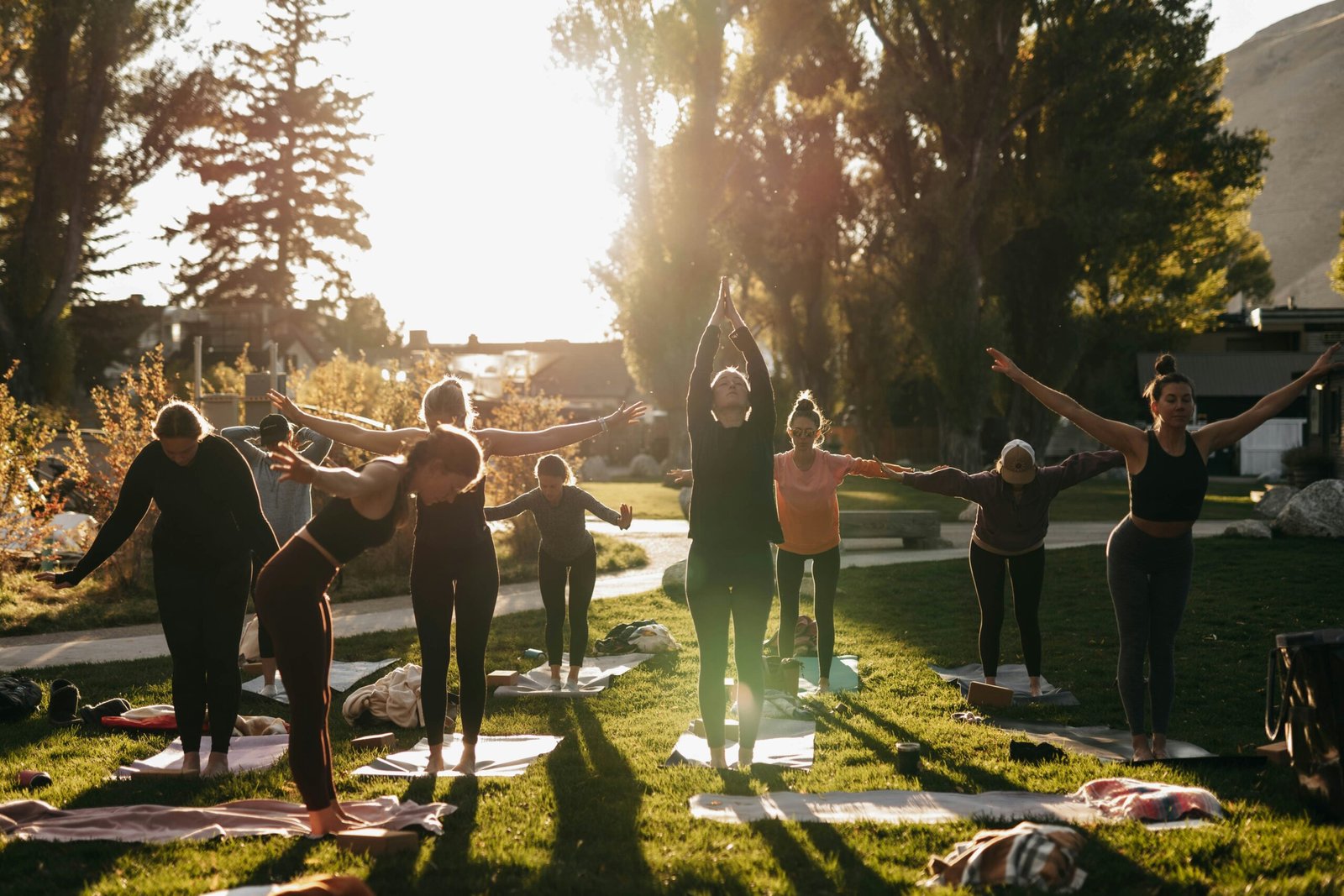
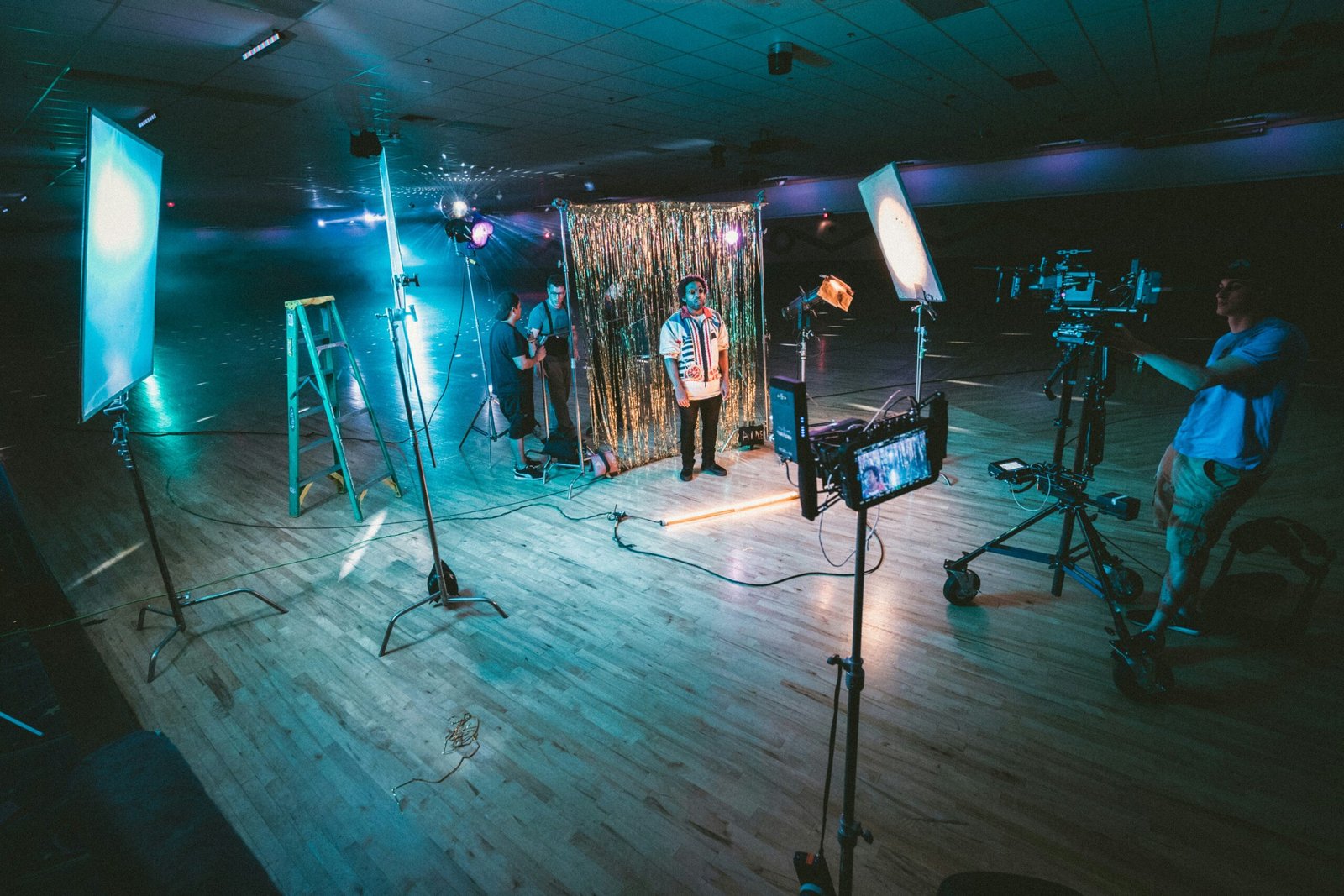

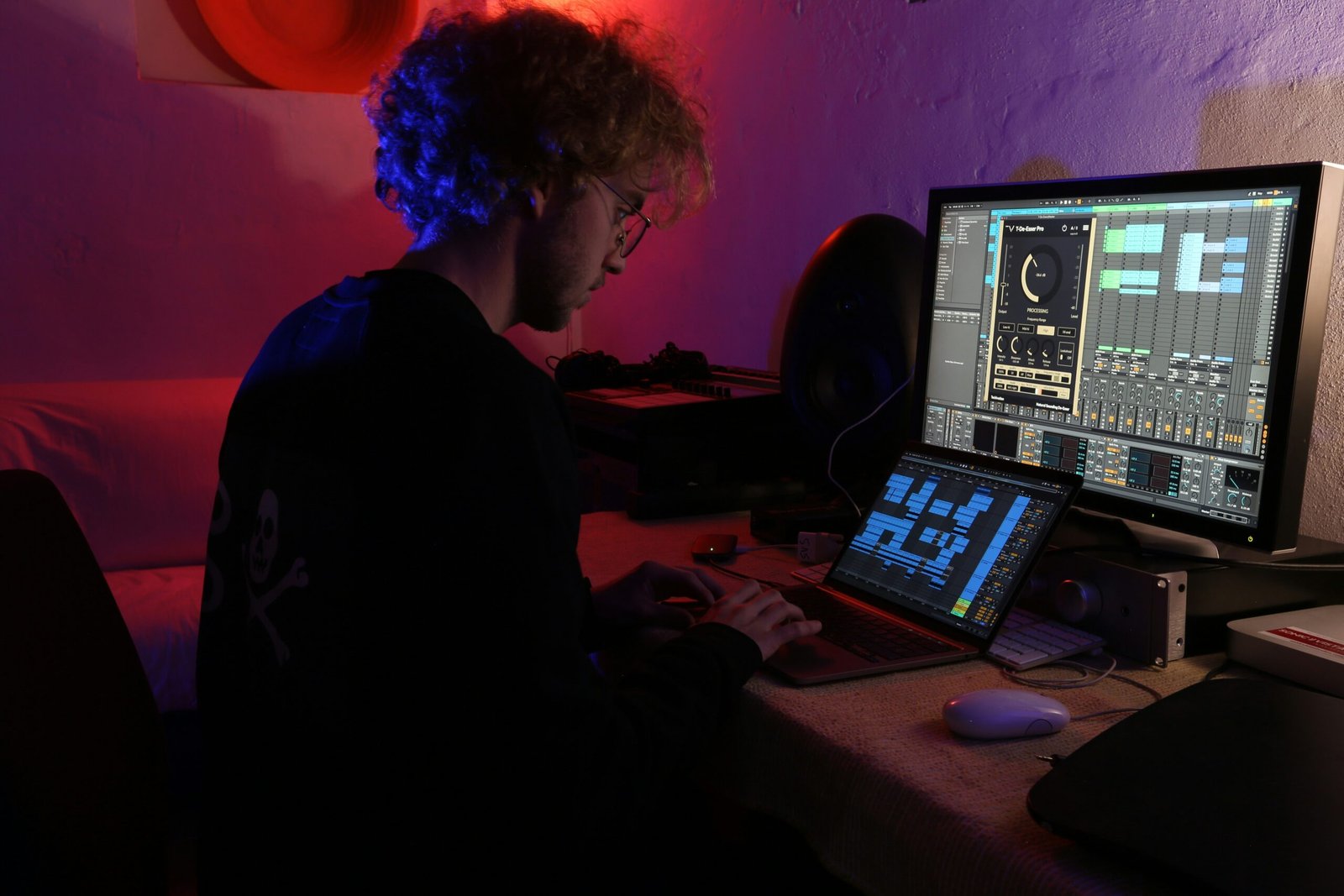



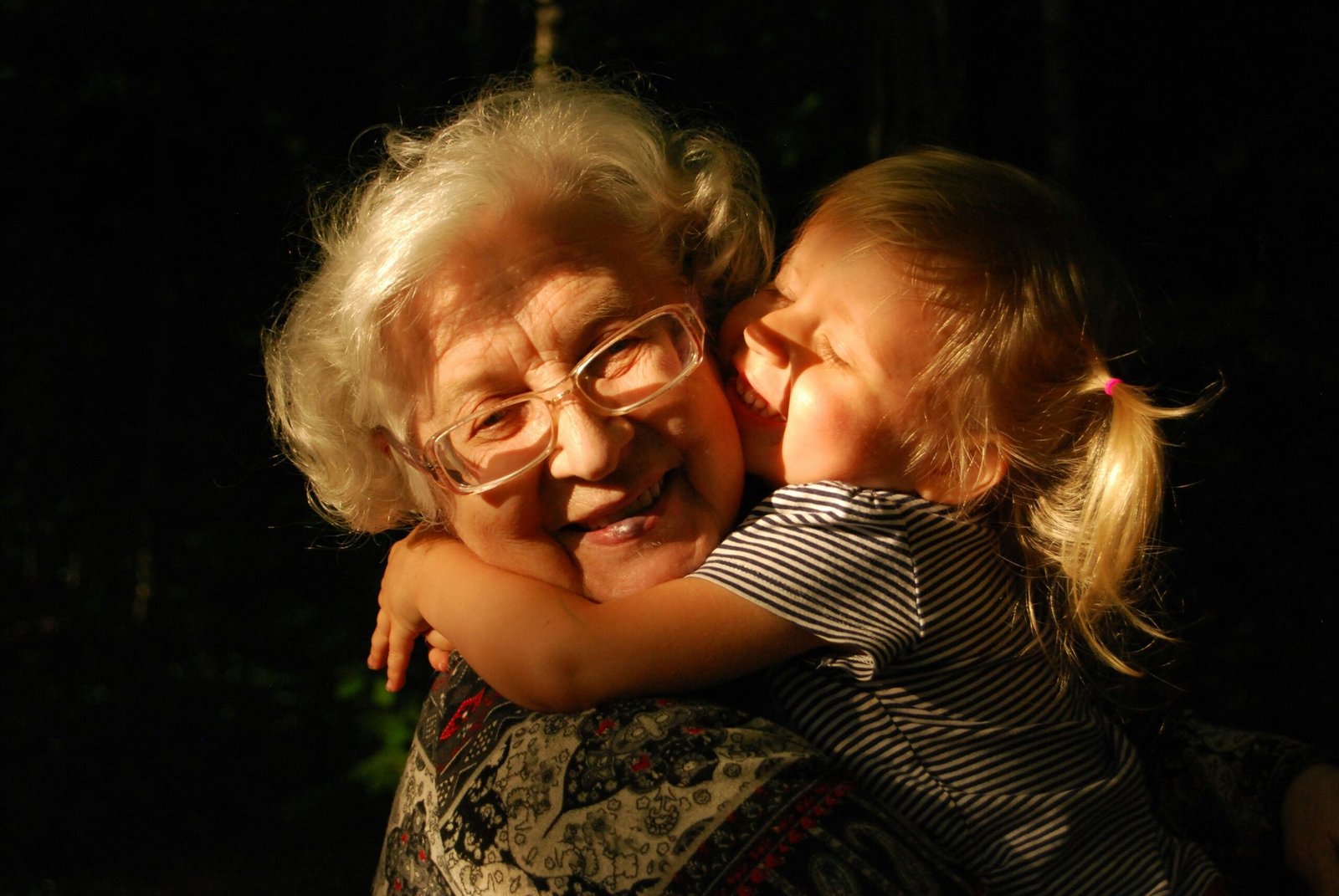





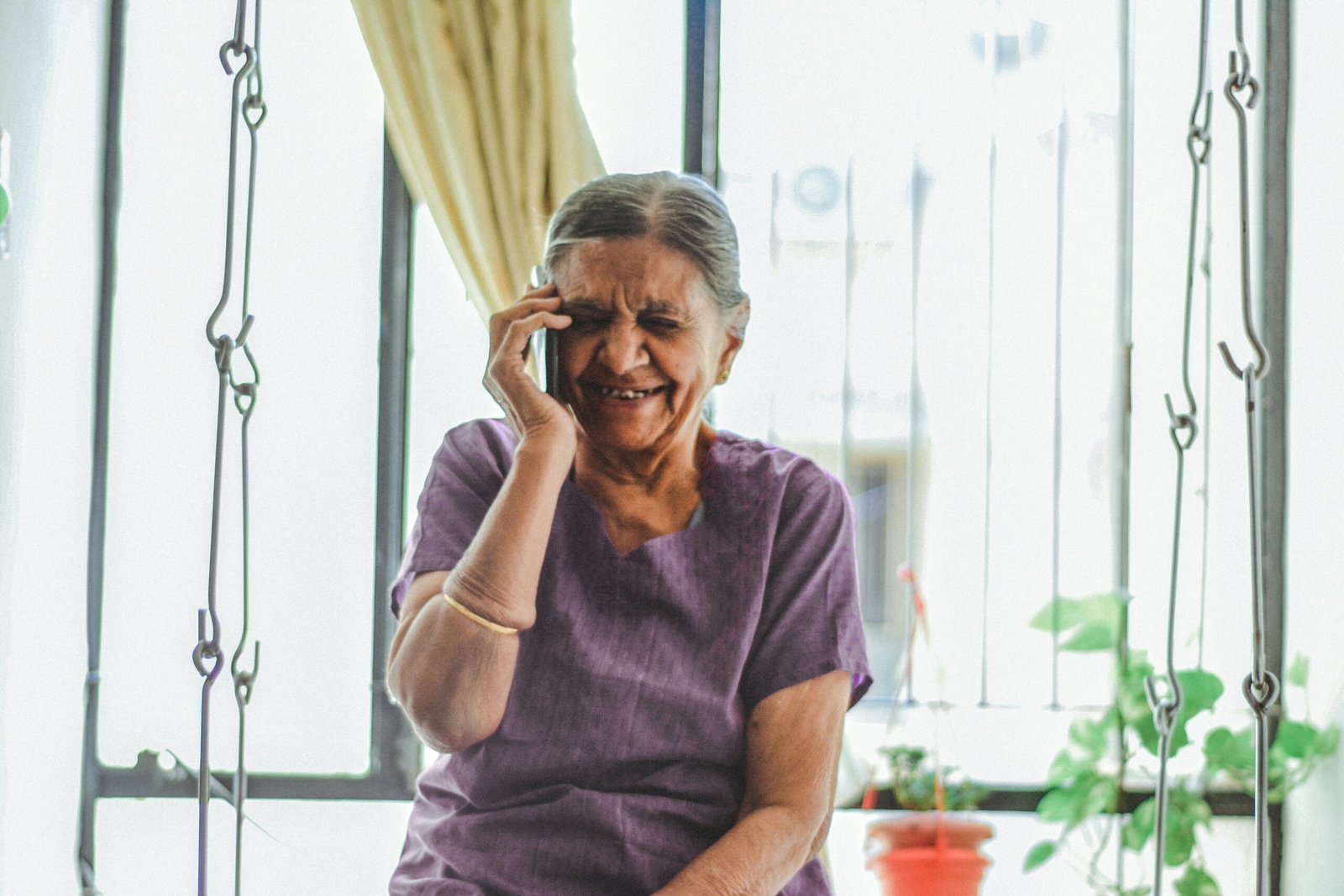

No Comments
Leave a comment Cancel